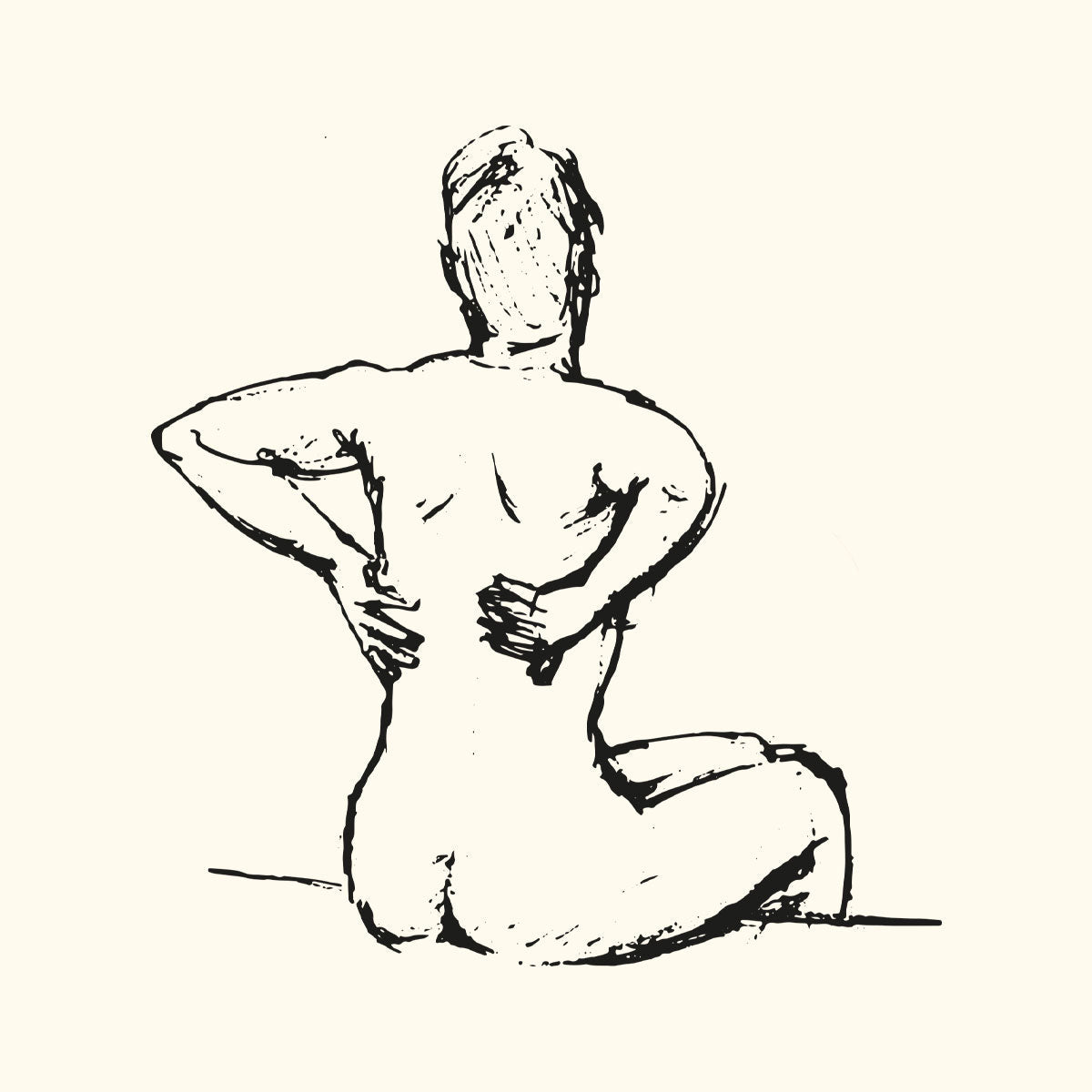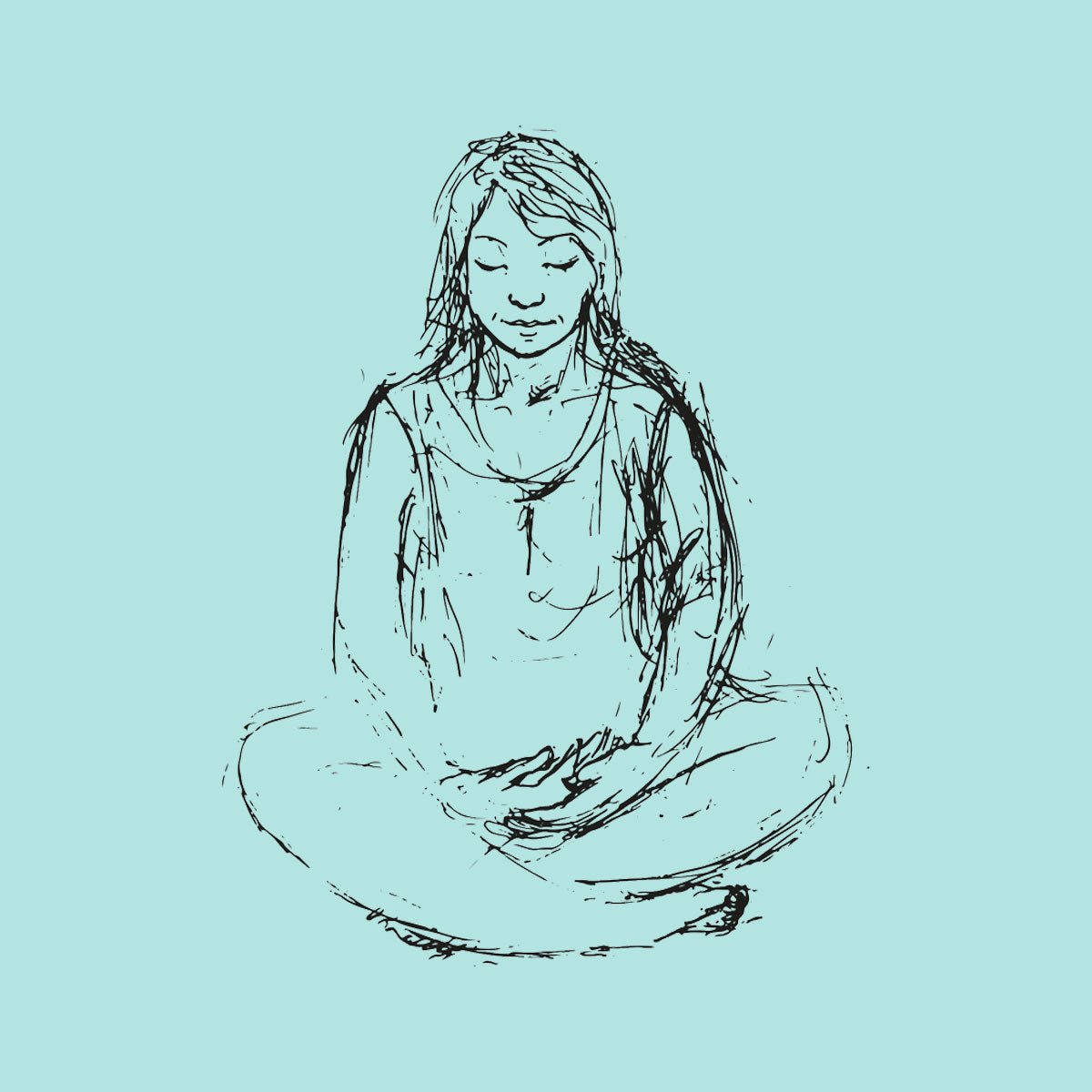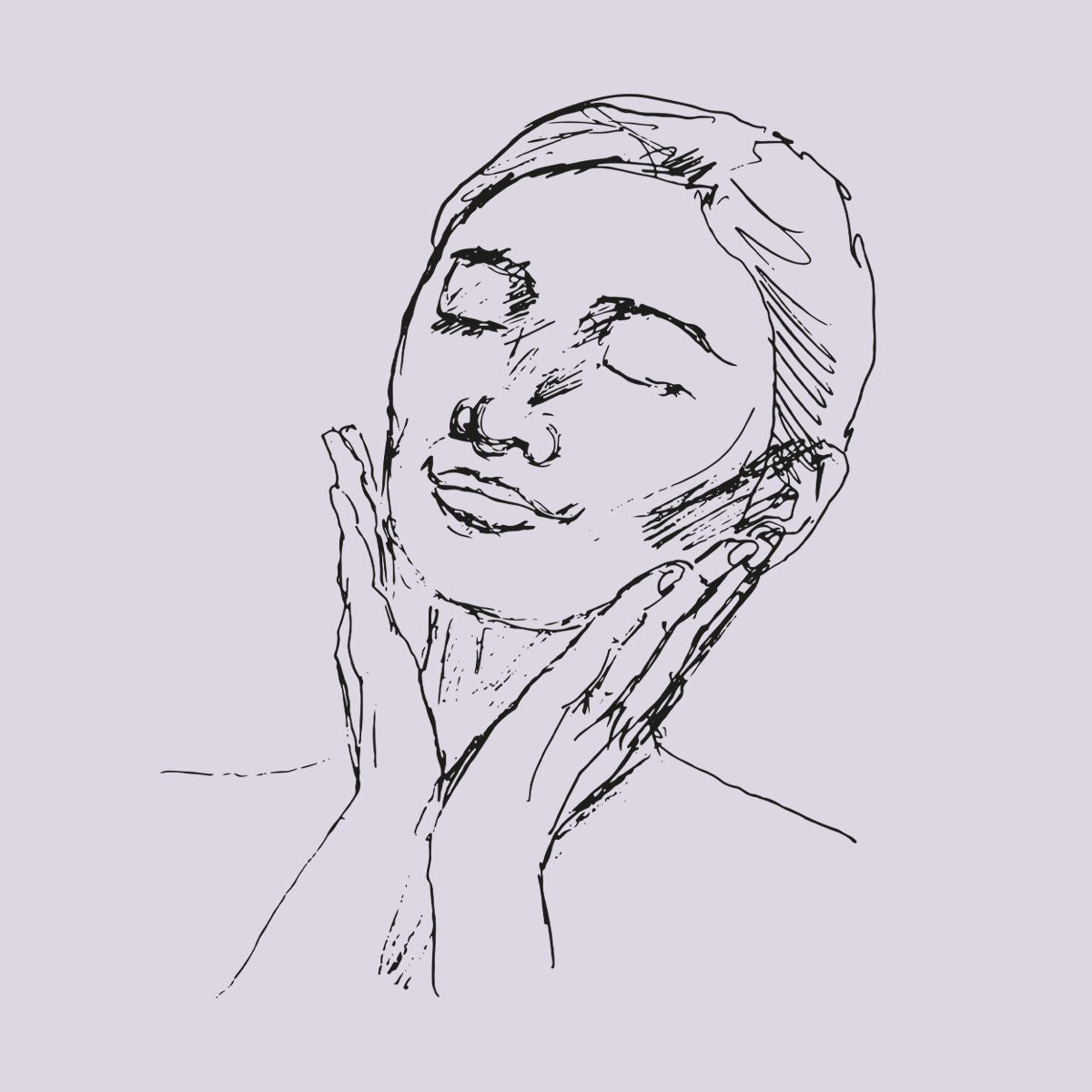
If you think breathing comes naturally, think again!
Sure, we sniff and puff out thousands of times a day, but how often do you find yourself breathing right down into your belly and exhaling that full breath in a smooth, steady motion?
Perhaps you’re noticing, as you read these words, that you’re not really breathing all that much at all. And perhaps, now that your attention has been drawn to this deficit of a basic life force, you’re noticing how that’s affecting the way you’re feeling.
Although you’ve been breathing automatically since the day you were born, you’ve also been impacted by a vast array of emotional and physical knocks, not to mention daily stressors and distractions. These are likely to have led you into a habit of subconscious breathing that keeps you alive, but is not delivering the incredible benefits intentional Breathwork has to offer.
What is Breathwork?
Breathwork is simply the art of making breathing a conscious activity. A tool you can use, any time, any place, to lower stress hormones in an instant, lower blood pressure, increase energy and focus, act as a natural pain management and ease symptoms of depression.
Some form of Breathwork plays a vital role in wellbeing activities, like yoga and meditation, but it is also an ancient practice in and of itself with a wide range of exercises dedicated exclusively to retraining yourself to breathe in a way that could transform every aspect of your life! Today, Breathwork has been developed using contemporary studies and understanding of the body to enable us to make the most of possibly the best wellbeing tool we all have.
Breathwork is an ancient wellbeing practice
Intentional breathing has really broken through into the mainstream over the past few years, but it’s been around for a very long time and is at the core of many holistic health practices. One of the most ancient forms of medicine, Traditional Chinese Medicine (TCM), considers the breath to be a direct access to Qi (life force energy), as well as diet and aligning with the seasons.
Qi Gong (a mind-body-spirit practice of combined movement and breathwork) is one area of TCM where Breathwork plays a huge role in stimulating circulation through the body’s meridians, increasing positive energy and releasing the negative. Interestingly, in TCM the lungs are considered to relate to sadness, grief and a sense of loss and in grief, we often find ourselves forgetting to breathe properly. As a result, practicing deep, relaxed Breathwork may prove to paramount in this time of change and readjustment.
The benefits of Breathwork
Everyone can benefit from Breathwork, all the time. It’s very easy to do and is suitable for all ages. But while we can all take something from learning how to utilise our breath for so much more than just getting through the day, there are some who may find this practice enormously therapeutic for a number of reasons.
A few studies have shown that Breathwork can significantly lower blood pressure without adverse effects, so much so that a portable electronic device has been developed to help patients lower their BP naturally with guided breathing. A clinical review into the device showed very positive results when used alone, with lifestyle modifications, and adjunctively to antihypertensive drugs.
But the most common (and best known) use for Breathwork is to reduce stress.
Can Breathwork help with stress reduction?
The power of breathing in stressful situations is so immense that it’s even a technique taught to US Special Ops forces, Navy Seals, who are sent into hostage rescue situations and extraordinarily high pressure missions.
California-based clinical psychologist Dr. Scott Symington, explains that breathwork that goes deep into your diaphragm helps “strike the ideal balance of oxygen and carbon dioxide in the blood, triggering various internal mechanisms that promote relaxation”.
This largely comes down to your nervous system, which has two branches: Sympathetic Nervous System (SNS) and the Parasympathetic Nervous System (PSNS). The SNS stimulates the fight or flight response, which serves an important purpose in times of emergency, but is overly active in those with chronic stress – which leads to feelings of perceived threat when there is none. In fight or flight, your breath moves from your belly to your chest – a fast, shallow breath, designed to sharpen focus and keep you on edge. Great when you need it, not so much when going about your daily life. The PSNS calms the body, reducing heart rate and stress hormone cortisol and is engaged by deep breathing techniques.
Try Breathwork at home
Breathwork coach, consultant and Performance Psychology practitioner, Mo Ford, specialises in voice and body work to support wholehearted communication and wellbeing. She is Director of Live and Breathe Coaching www.liveandbreathe.info
Here, Mo shares a grounding Breathwork exercise suitable for everyone. Try this after taking a few drops of your KLORIS CBD oil and feel your stress melt away!
Breathing exercise to support feeling grounded:
- Find a comfortable sitting position and gently push your feet down into the floor. Close your eyes if you feel comfortable to do so.
- Take a few breaths in and out through an open mouth. Aim to breathe with as little movement in your shoulders as possible.
- Place a hand on your lower abdomen - below your belly button. Imagine there's a balloon in your belly that you inflate as you inhale and deflate as you exhale. Your hand will move as you breathe. Take a few breaths like this.
- Now cross your arms and place each hand on the opposite upper arm. Use your hands to gently pull your arms in towards your body. Hold this position and take a few more 'belly breaths' here, before bringing your attention back to the space around you.
(This is based on Psyche Breath, a trauma-informed, integrative form of Breathwork developed by Noble House).







